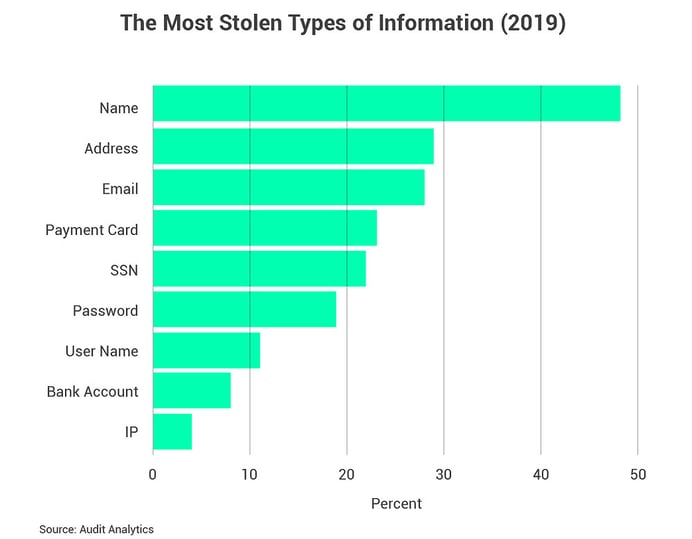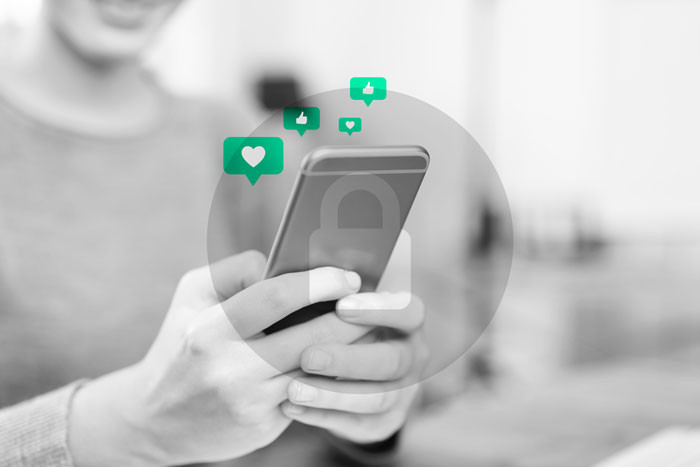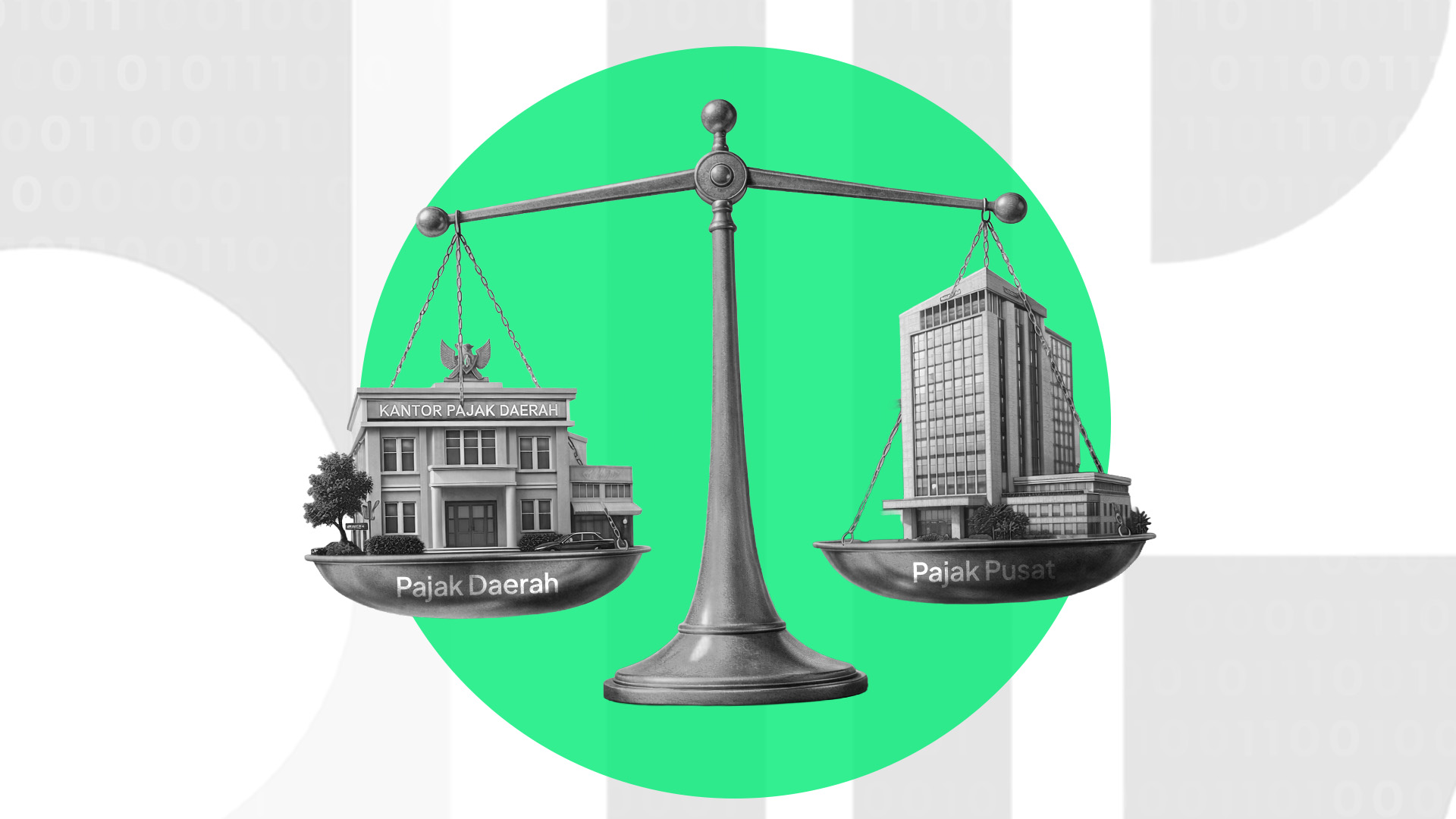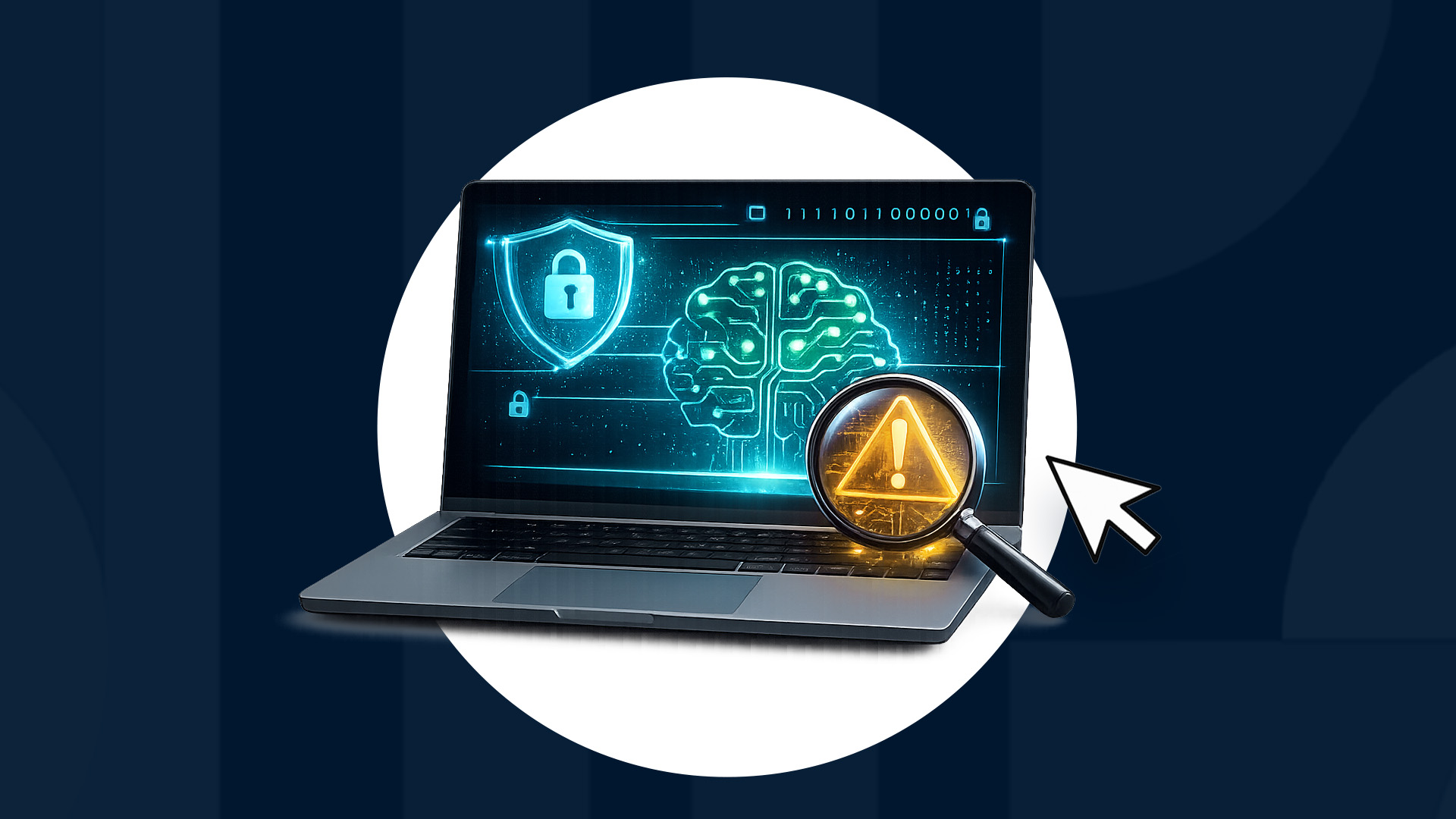Oversharing Behavior on Social Media
Uploading photos or videos to social media is commonplace. Even so, it is possible for users to share sensitive things that should not be shared publicly, such as location or personal identity. This behavior is known as oversharing.
A study published in the Journal of Psychology in 2020 showed that oversharing behavior is influenced by the desire to maintain social relationships, enhance one’s image, and entertain. The Nusantara Scientific Psychology Consortium (KPIN) added that oversharing is influenced by the desire to gain recognition and to be admired by others.
Risks of Sharing Personal Identity on Social Media
Internet use in Indonesia is already very high, and the internet is mostly used for social media. Indonesia ranks second in the world in terms of sharing behavior on social media.
Some time ago, there was a widespread trend on Instagram that involved sharing childhood nicknames. This challenge posed an unconscious danger, namely the misuse of personal identity.

According to the Director General of Post and Information Technology, Kominfo, Ahmad M. Ramli, often theft of personal data stems from the negligence of users who do not maintain and protect their personal identity. Sharing things that shouldn't be shared in the public domain such as personal identity, family life, company secrets, or financial data certainly poses risks. The following are all risks that can arise due to personal identity theft.
1. Fraud
A data leak can reveal everything from social security numbers to banking information. Once criminals have these details, they can engage in all kinds of scams on your behalf.
2. Financial Crime
Personal identity theft in the form of a Population Identification Number (NIK), full name, and address can be used for financial crimes such as applying for bank loans, online loans, credit cards, illegal money transfers, tax fraud, and extortion.
3. Phishing
Personal identity theft in the form of e-mail addresses and telephone numbers has the potential to be used to access online accounts, advertising spam through e-mail marketing, and telemarketing targets.
Things Not to Share on Social Media
1. Financial Data
Sharing debit card information, credit, payslips, credit card numbers and CVV, moreover details about bank accounts must be confirmed because nowadays many hackers can easily break into.
2. Private documents
Documents containing personal data including names such as Identity Cards, Driver's Licenses, passports and OTP codes must be kept.
3. Travel Ticket/Boarding Pass
All personal data and order details are in one barcode. Data from Krebs on Security shows that a boarding pass can be said to be a treasure, because it contains the first and last name, flight number, and the date the boarding pass was printed.
4. Selfie while holding KTP
As you know, many financial services use selfie photos while holding an ID card as a condition for verifying identity and authenticating an account so that it cannot be shared on social media so as not to be misused.
5. Current location
Be careful about sharing your current location, especially if you're in a quiet place alone. Your posts may invite crimes such as theft, robbery, or other criminal activities.
6. Digital identity
Confidential digital identity containing e-mails, phone numbers, addresses and other personal information to prevent data hacking.
Tips for Maintaining Personal Identity Security on Social Media
1. Change Password
Use difficult social media passwords and different passwords for each social media account so that when one account is hacked, the other accounts are not easily hacked as well. Make sure you change your password regularly.
2. Keep Personal Information Confidential
Avoid displaying personal information such as your mother's name, telephone number, ID card number, bank account number, and e-mail address to avoid misuse of data by irresponsible parties.
3. Be Careful in Opening Links
Check the URL addresses of email attachments and visited sites so as not to enter fake sites that want to steal personal data.
4. Keep Other People's Personal Information Confidential
Respect the privacy of others by not sharing personal information on social media without the person's permission.
5. Set Privacy Settings
Set the privacy settings on your social media accounts to determine who can access your profile and posts.
6. Public Connection Alert
Take care of your digital security by being careful not to share personal identities when using public connections as they are prone to hacking
7. Use More Than One Digital Identity
Create multiple digital identities for specific purposes and purposes. With these different digital identities, it will be easier for you to manage and protect important data.
8. Use a Verified Digital Signature
The digital signature you use must have a trusted remote server feature. To increase security, you can use authentication based on the Certificate Verification Value (CVV) and OTP. With this method, the digital signature that you use will be more secure.
Digital Security Solutions with VIDA
VIDA has a digital security solution with VIDA Verify which can eliminate identity risk and fraud with an identity verification solution to find out the identity of customers. For companies that use VIDA Verify Facial Biometrics, the user or customer does not need a password because the verification is performed using a facial scanner biometric verification that uses a combination of facial attribution and liveness detection software to determine with more than 99.5% accuracy whether two facial images - the one looking at the camera and the one in the reference database - are one and the same. It is safer, easier, and more practical for customers.
For information regarding VIDA Verify, contact us here.

.png)

.jpeg)
